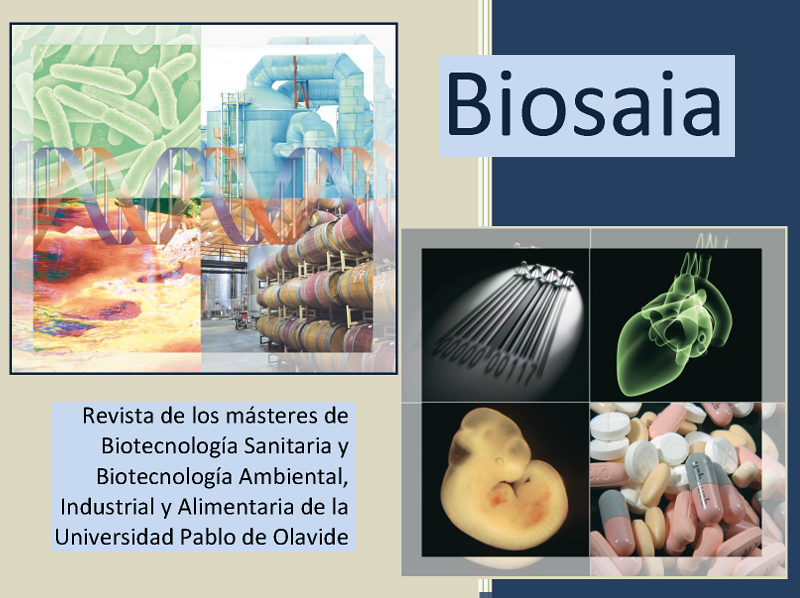Analytical method validation: determination of power of hydrogen (pH) and electrolytic conductivity in drinking water and surface water
Resumen
On many occasions, when it is necessary to measure the constituents or physicochemical properties of samples from multiple sources, quality control companies require a measurement methodology. Its development needs a considerable investment of time to ensure the reliability of the analytical assay. Quality control companies through pilot studies supported by the scientific method achieve this reliability. This process is known as analytical method validation. Validation will demonstrate that the analytical method complies with the criteria applicable for the relevant performance characteristics.
Nowadays, quality control companies analyze water sample from many sources. The present situation highlights the need to standardize methods capable of assessing or quantifying the parameters that measure the level of water quality. Thus, the legislation in force has included all necessary criteria, measurements and parameters to guarantee its quality, safety and cleanliness to protect people and environment from the adverse effects that water pollution may cause for all living beings.
pH measures the activity of hydrogen ions in solution. Electrolytic conductivity is defined as the flow of electricity through a solution. pH measurement is important in drinking water treatment because it affects process controls such as chlorination, coagulation and corrosion. Water conductivity is often related to the concentration of dissolved mineral salts or filterable residue. Deviations from normal conductivity may be a sign of changes in the mineral composition of the source water, periodic variations, chemical fluctuations or the forced entry of industrial waste. Measuring electrolytic conductivity can help determine the amount of ionic reagent needed to affect precipitation or neutralization reactions in water treatment





